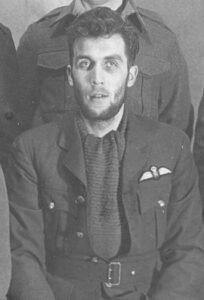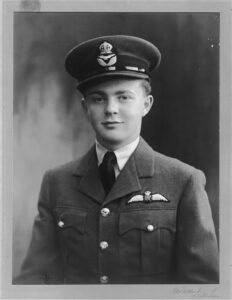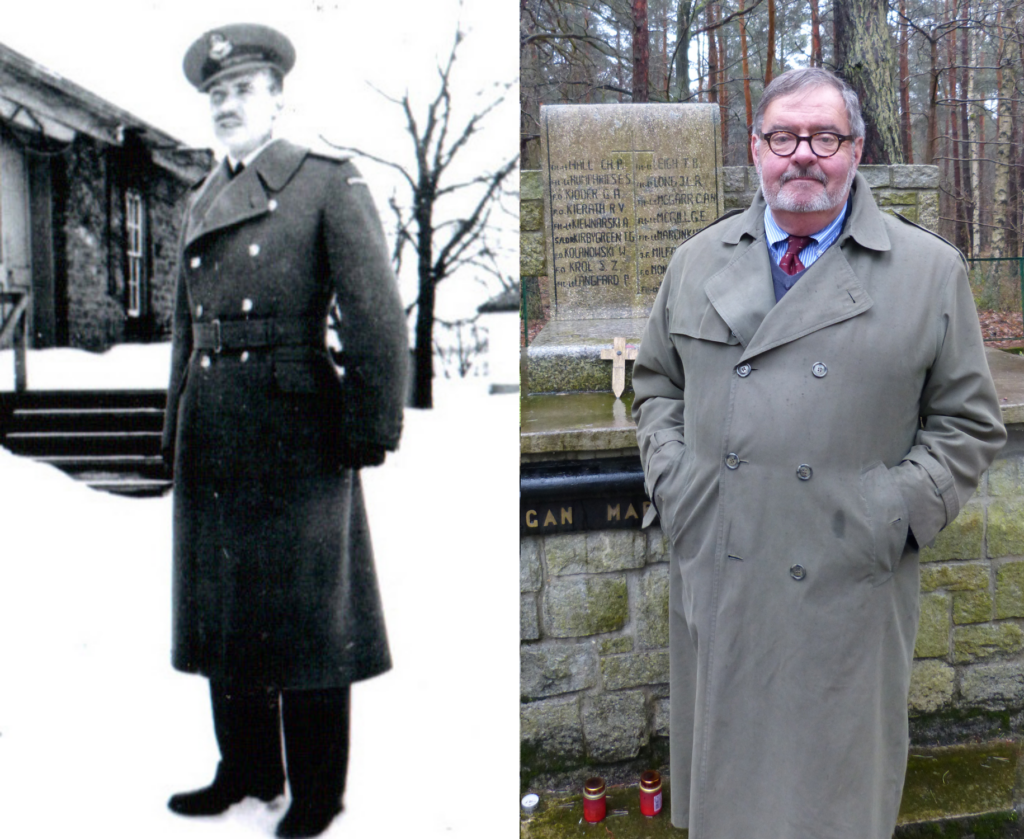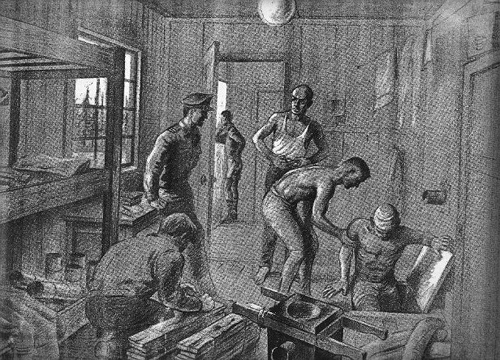On March 24, 1944, 80 Commonwealth airmen escaped from a German prisoner-of-war camp through a 400-foot-long tunnel. Ted Barris, journalist and author of The Great Escape: A Canadian Story, will retell that story on its 78th anniversary next Thursday at Huntsville’s Trinity United Church.
“Everybody knows the phrase ‘The Great Escape’ and they immediately think of the Steve McQueen movie, and that’s fine. It’s a great platform on which I can tell the real story, because in many ways, it’s unlike the movie,” says Barris. “The movie is a very Americanized presentation. The reality is, it wasn’t an American story, it’s got great Canadian content.”
The Kiwanis Club of Huntsville Muskoka will host the event at 7:00 p.m. on March 24. Rick Brooks, the club’s Secretary Treasurer, says their main focus is to honour the history of “one of the most influential events of WWII,” with any funds they raise beyond covering costs going towards the club’s youth programs.

In the 1963 film by John Sturges, most of the lead characters were portrayed as American or British. According to Barris, most of the key roles in the real-life escape belonged to Canadians.
Some characters, Barris says, were completely fabricated, such as Steve McQueen’s motorcycle-jumping “Cooler King.” Others were largely edited, such as Charles Bronson’s Polish “Tunnel King,” based on Wally Floody from Chatham, Ontario, who served as a consultant on the film.
“As a young man, [Floody] had been going up to Northern Ontario to work in gold mines to get money for his tuition,” says Barris. “What better role would you want in a POW camp for tunneling than a hard-rock miner? Wally Floody, a Canadian, was the hard rock miner who designed the tunnels. He was the Tunnel King.”

Another stark difference came with the portrayal of the escape’s chief document forger, according to Barris. Donald Pleasance’s mild-mannered British portrayal stands in sharp contrast to real life’s Tony Pengelly of Weston, Ontario.
Unlike his film counterpart, Pengelly survived the war and became a successful ad man, recovering at his family’s Muskoka cottage on his return.
“I think the family recognized the need to get Tony away from the war, away from all of the aspects of the war that had maybe traumatized him,” says Barris. “He spent nights at the cottage in a tent, outside on the island, with his brother David, who was a younger man. David heard all the stories of The Great Escape firsthand from his big brother Tony. I interviewed David and he told them all to me in that rich, wonderful sense of admiration a younger brother has for an older one.”
One of the things the film did get right, was the murder of 50 escapees by the Gestapo upon their recapture. Gordon Kidder of St. Catharines, one of the linguists who taught German phrases to the prisoners to avoid detection in the escape, was one of those 50.

Tickets are $20 per person– contact Rick Brooks at 705-635-2101 to register, by cash at the door, or e-transfer to [email protected].



